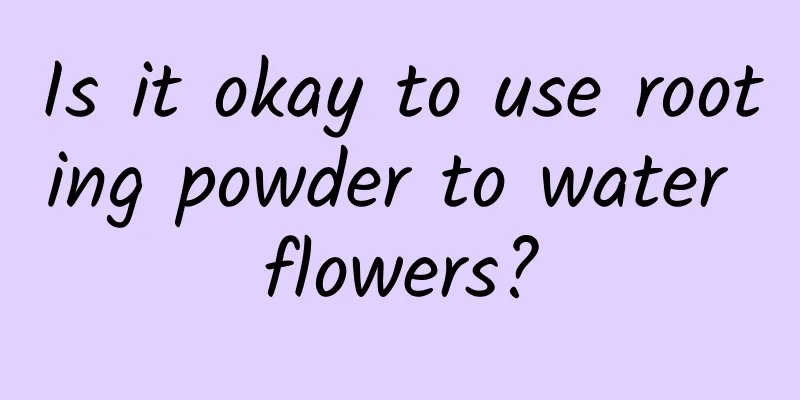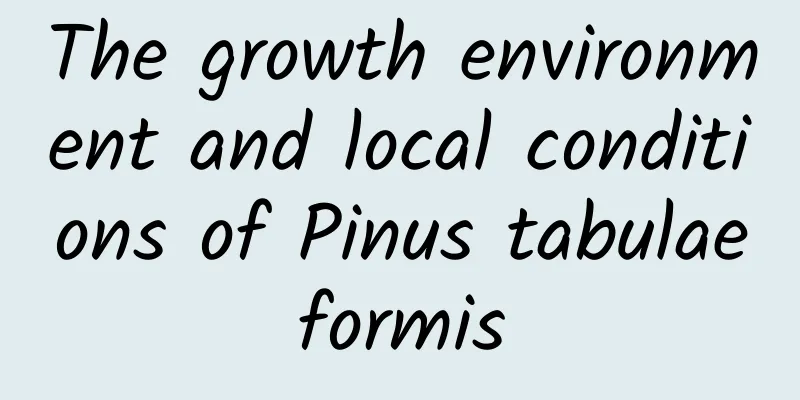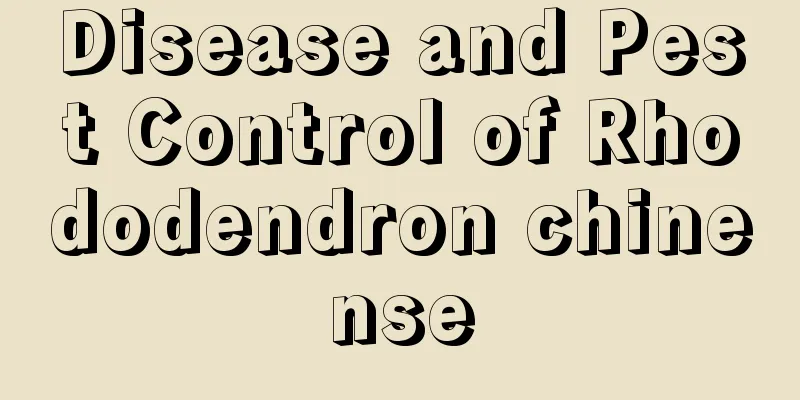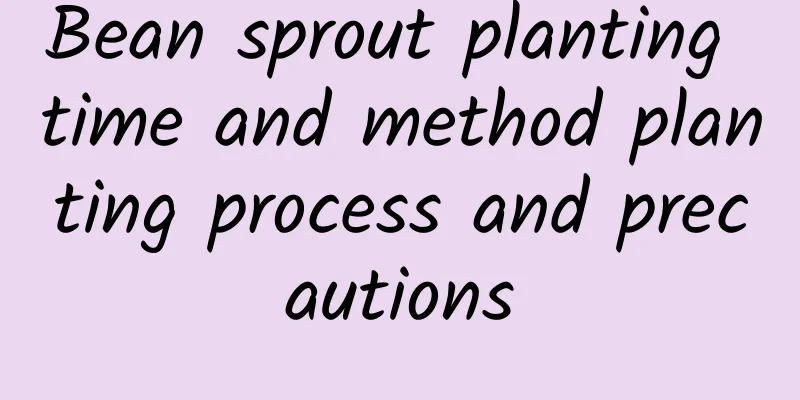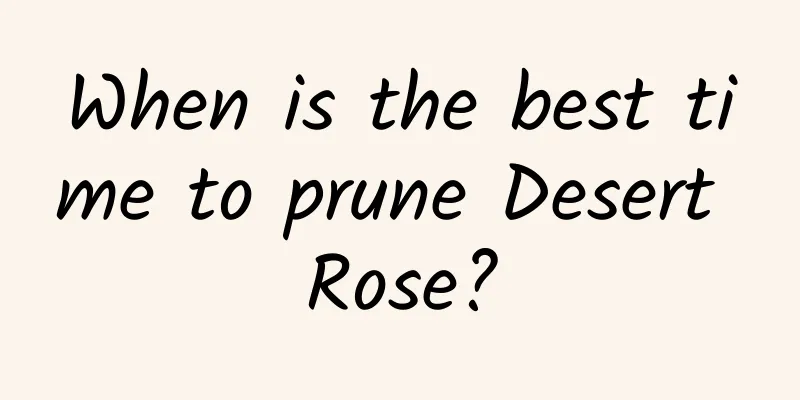Does mint prefer shade or sun? Why does mint grow so soft and thin?

1. Do you prefer shade or sun?Mint is a sun-loving plant. As a long-day crop, it can only grow well if the light time is long enough. If the light is insufficient, it will not only affect its growth, but also reduce the accumulation of peppermint oil and menthol, thus greatly reducing its practical value. Generally speaking, the plant should be planted in a sunny place where it can receive sunlight throughout the day. If it is a potted plant, you can place it in a sunny environment such as a balcony. 2. What to do if it is soft and thin1. Lack of light: Mint is suitable for growing in an environment with sufficient light. If there is a lack of light, it will be difficult for the plant to carry out photosynthesis, and it will also cause it to grow too tall, and the branches and leaves will become soft and thin. In this case, you need to put it in a sunny place so that it can receive sunlight all day. It is not afraid of the sun and does not need shade at noon. 2. Too much water: Mint needs relatively sufficient water in the early and middle stages, but too much water in the potting soil can easily inhibit the respiration of the roots and may also breed bacteria, causing root rot. When watering, you must control the amount of water. If too much water is poured, it needs to be drained immediately, and the soil needs to be loosened appropriately and ventilation needs to be increased to allow the moisture in the soil to evaporate as quickly as possible. If water accumulates for too long, it may cause root rot, and the plant will need to be removed from the pot, pruned, and sprayed with carbendazim for disinfection. 3. The temperature is too low: Although mint is resistant to low temperatures, it is more suitable for growing in a warm climate. If the temperature is below 15°C, its growth will slow down. If the temperature is not high for a long time, it will become soft and thin. Be sure to keep warm and control the temperature between 25-30℃. If it is too cold, you can put a plastic bag on it to keep it warm. 4. Lack of nutrients: Mint does not require too much fertilizer during its growth process, but if there is no fertilizer at all, it will not be conducive to the growth and development of the plant. Generally, when repotting, you need to add sufficient basal fertilizer to the bottom of the pot to continuously provide nutrients. If the growth is poor, you can add appropriate nitrogen fertilizer to promote the development of branches and leaves. |
<<: Is mint an annual herb? How many years can mint be grown?
>>: How to propagate mint and how to use the cut mint
Recommend
The difference between pansy and hornwort
1. Differences in plant types The average height ...
When do pear trees bear fruit?
How long does it take for a pear tree to bear fru...
Cymbidium orchid cultivation methods and precautions
1. Soil When growing Cymbidium orchids, you must ...
How much is a pound of Pinellia, the price of Pinellia
1. Price There are certain differences in the qua...
How to water black orchids? How often should I water them?
Overview of Watering Black Orchid Generally speak...
Hydroponic method of Pteris fern
Materials for hydroponic cultivation of Pteris fe...
Cultivation methods and precautions of maple
1. Soil Loose, fertile and breathable soil is mos...
Cultivation methods and precautions of Hibiscus sempervirens
1. Sunlight This plant is a very sun-loving plant...
What is the disease of black spots on orchid leaves
1. What is the disease Black spots on orchid leav...
The difference between Aloe Vera and Aloe Vera
1. Leaf Difference The leaves of the Aloe Vera ar...
Can corn be planted in March?
Corn is an important food crop and feed crop with...
Cutting method of Begonia thornii
1. Cutting time Begonia can be propagated by cutt...
How to make dianthus bloom
1. Flower soil Using suitable soil for growing di...
How to make gardenia grow taller and thicker
1. Proper pruning When the main trunk of the gard...
How to grow potted chrysanthemums and precautions
Chrysanthemum growth habits Potted chrysanthemums...
